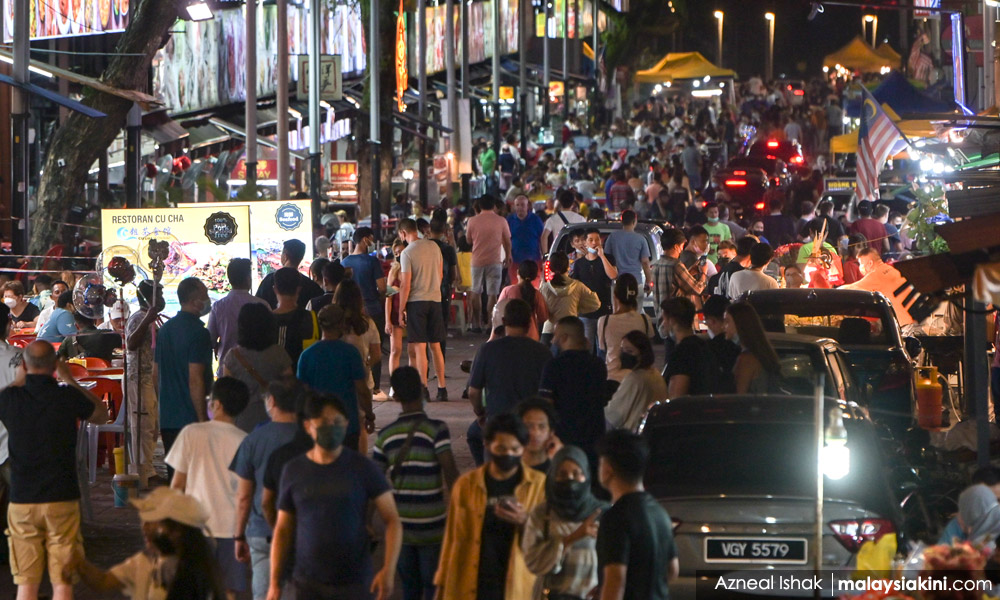Temple and Mosque Relocations: Unpacking a Sensitive Malaysian Dilemma

We have become a society lacking empathy.
The Unspoken Debate: Religion, Race, and Urban Development
The recent spotlight on the demolition of religious structures—namely, a century-old Hindu temple in Penang and a surau, or small mosque, in Perlis—has stirred deep-seated questions about religious freedom, ownership rights, heritage, and political double standards in Malaysia. These incidents are more than isolated events; they speak volumes about how sensitive racial and religious issues are handled in our increasingly polarized society.Background: The Seri Mahamariamman Temple and the Surau Saga
At the heart of the issue is the Seri Mahamariamman Temple, located in Sungai Ara, Penang. In existence for over 100 years, the temple was demolished in early June 2024 following a series of legal proceedings initiated by the landowner—a private developer. In a seemingly parallel matter, a surau in Kampung Titi Serong, Perlis, was also razed. The land in this case was reportedly privately owned as well, with state authorities citing lack of approval and legal status as the rationale for the demolition. Yet, these two cases have been treated differently by both the public and political leadership.The Legal Angle: Private Land vs. Public Sentiment
Both religious sites were erected on private land. Legally speaking, their demolition followed due process. However, public reaction to these actions has not been equitable:- Temple Demolition (Penang): Met with considerable outcry from netizens and Hindu organizations.
- Surau Demolition (Perlis): Largely muted public response, with limited outrage or political follow-up.
Political Accountability in Question
The Penang temple issue has opened the floodgates for a larger national discourse: Is religious sensitivity being weaponized for political gains? Prominent voices, including political commentators and activists, have sounded the alarm. They argue that if Pakatan Harapan, which controls the Penang state government, truly upholds multiracial values, it should have intervened earlier or found alternative solutions to save the temple. Historical buildings, especially those linked to religious or cultural heritage, should not be reduced to collateral in legal battles. In contrast, both the Perlis and federal governments have faced minimal scrutiny over the surau demolition. This has raised eyebrows and fueled the perception that religious protection may be inconsistently applied depending on the faith involved.Selective Silence: A Closer Look at the Reactions
The silence from major Muslim political parties and Malay rights groups on the temple issue is deafening. Conversely, there has been little pushback from non-Muslim political entities over the surau demolition. This selective response reveals how difficult it is to hold consistent positions when race and religion intersect with politics. Key Observations:- Politicians choose reactions based on voter sensitivities, not principles.
- The temple is in an urban area with mixed demographics—a high-stakes voter base.
- The surau was located in a rural Malay-majority area—less political backlash risk.
Heritage Preservation: More Than a Legal Issue
Religious sites are not just buildings; they are cultural and spiritual anchors for communities. Even if built "illegally" or on temporary land, many of these structures have served generations of Malaysians. In the case of the Seri Mahamariamman Temple, offers had been made to relocate or compensate; however, the congregation maintained that it should remain due to its longstanding presence. These are not unreasonable demands, especially from communities trying to preserve a minority heritage in a dominantly different religious landscape.Lack of Long-term Planning
What’s starkly evident is the lack of integrated urban and community planning by local governments. There is no unified blueprint or policy dictating how such religious sites should be identified, legalized, or preserved—even when they carry historical significance.Double Standards in Enforcement
When illegal mosques, temples or churches are demolished, the speed, manner, and justification often vary along racial and religious lines. The lack of transparency and inconsistent governance throws into question the maturity of Malaysia’s pluralistic framework.What Can Be Done: Moving Forward
A rights-based and inclusive framework is essential to prevent such conflicts:- Create a National Heritage Registry specifically for religious sites.
- Deploy rapid legalisation processes for long-standing religious buildings, regardless of land titles.
- Encourage community dialogues on relocation plans instead of forced demolitions.
- Implement consistent federal guidelines on religious structure protection that are not susceptible to political whims.
Comments
Post a Comment